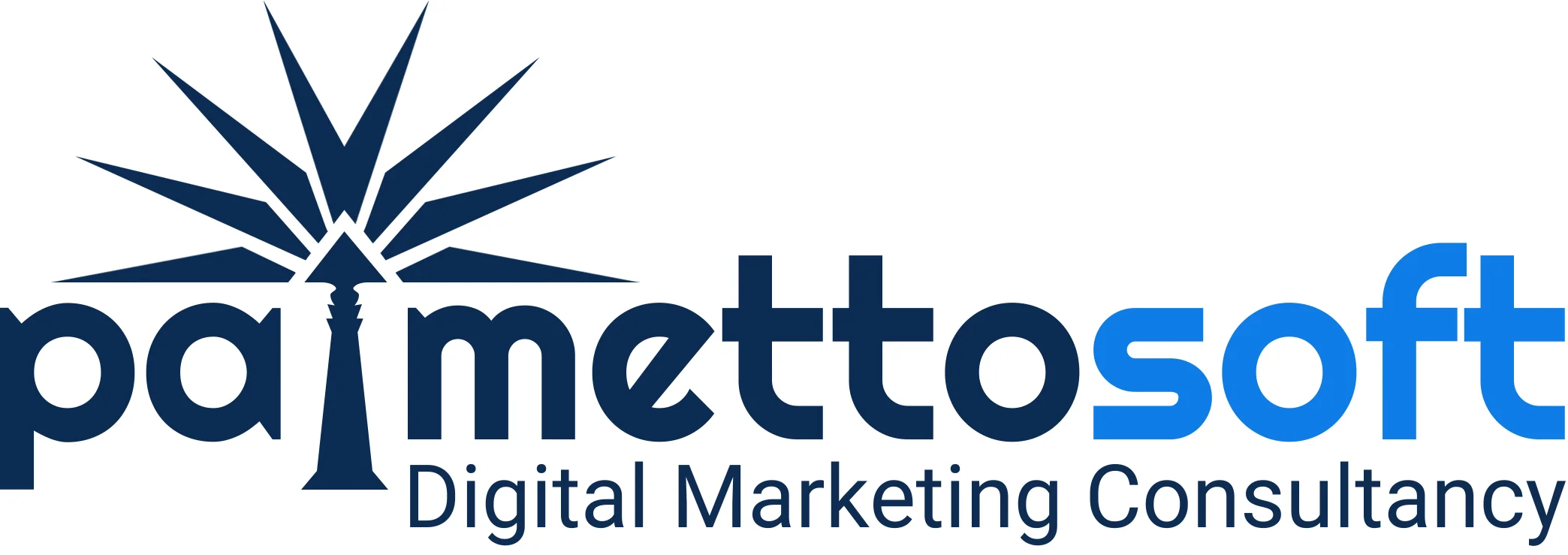Recently, I was talking with a good friend of mine who owns a large web firm in Charlotte NC. From time to time, we will meet for lunch (or other venue) and discuss our industry and many of its pros and
cons. During this chat, he disclosed to me that his SEO team was having a very difficult time in trying to monetize social media efforts. As a result, this issue was bleeding over into the sales process with customers and the overall mood of maintaining social media efforts for clients was becoming sour in general. As he was mentioning this to me, I quickly realized this was a problem that my company has been facing and in turn, we have made some proactive steps to remedy the problem. I guess the funniest part of the matter was that it took a casual lunch conversation to uncover and ‘frame’ a serious problem. In addition, I figured if we (collectively) were having the same problem, common logic says its probably happening to many others in our industry as well.
I did some research… it is happening, and I’m not saying it can’t be monetized.
Please don’t get the wrong impression and think I’m saying there is no way to monetize social media. On the Internet, if you put enough effort into anything you almost always at least find some form of a positive return on investment (ROI). The real challenge comes when limited resources ($$$) are being used for campaigns which include daily Facebook/Twitter posts, weekly blog articles, reporting, tracking, etc… As professionals, we seem genetically programmed to always find and report positive ROI for our services, right? Maybe we can’t in some cases.
Google and Cosmic Black Holes have a lot in common. They both are massive, have tremendous pull and affect those orbiting around them in mysterious ways.
Today, most people have a vague idea that Google holds a 66% market share of all Internet searches. And Yahoo and Bing hold about 14% and 15%, respectively. Basically, just understand the ‘Big Three’ control over 95% of all searches and Google is the big kid on the block. If you are wondering why I am covering this mostly widely known data, its to set the stage for ‘why’ I think so much effort is being placed on social media efforts these days. Last year, in 2011, Google had a major algorithm update occur—enter the “Panda.” Panda can be thought of mostly as “frequency/social signal” update that places strong emphasis on social media websites, their activity, and integration within (and to) an organization’s website. Many experts say the update had an up to ~12+% effect on Google’s results and this is considered huge when a search engine has such a large market share. Now, all of the sudden, the routine SEO techniques of building optimized landing pages with traditional inbound links is no longer yielding the success on the search results. So what happens? Bazillions (my word for many) of optimizers learn of the ‘social media counter measure’ and quickly begin incorporating social media management campaigns in conjunction with ongoing SEO. Does it work? I have to say it does, based on the results we are seeing.
Social Media Marketers—this is not slam on what you do, it’s just a perspective from the SEO side.
There are some really good social media marketing firms out there who are showing positive ROI, but for the most part, when social media is directly compared with traditional SEO, the ROI is higher for the latter. This claim is mostly based on the fact that people use social media to talk to family and friends; not to buy things and/or conduct intricate product searches.
Thanks for the info, but what do I tell my clients?
Tell them the truth. Let them know that professional Facebook and Google Plus pages need to created and updated frequently. Tell them you are primarily managing social media for the search engine algorithms and secondarily for people. This way, the client tends to be much more relaxed moving forward and any social media gains that directly convert into a sale is considered a bonus.
You may be reading this and thinking “he is offering an easy way out of this problem and there probably is a better way of handling it.”
If you are thinking this, just understand that most of my solution is based on a limited client budget. Within any SEO/Social Media campaign, the ultimate goal should be to gain more search market share with a corresponding increasing revenue gain. When measuring, for example, Facebook activity against a website’s traffic data, one tends to show much more ‘direct ROI’ than the other. However, it is very difficult to measure ‘indirect ROI.’ Both matter and have a profound effect on each other. And we have much to learn about Black Holes too.
***More info relating to this story***
Facebook Will Disappear in 5 to 8 Years: Analyst
About the Author: Rhett DeMille, the owner PalmettoSoft LLC, is a leading search engine optimization consultant located in the Charlotte NC area.








